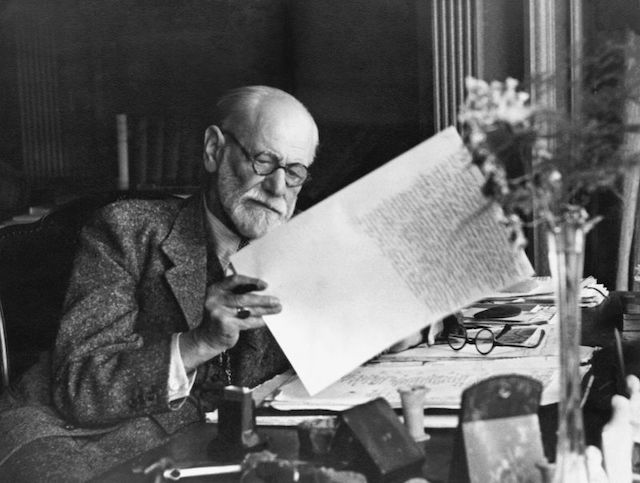I have no idea. But you can’t read the last paragraph of Civilization and Its Discontents without believing he had written it only yesterday or without believing he had hope for the future. The fact that the book was written in 1929 does throw his hope into doubt, if intended as prognostication, which — to be frank — it was. But it’s still a great read.
The fateful question of the human species seems to me to be whether and to what extent the cultural process developed in it will succeed in mastering the derangements of communal life caused by the human instinct of aggression and self-destruction [Thanatos]. In this connection, perhaps the phase through which we are at this moment passing deserves special interest. Men have brought their powers of subduing the forces of nature to such a pitch that by using them they could now very easily exterminate one another to the last man. They know this–hence arises a great part of their current unrest, their dejection, their mood of apprehension. And now it may be expected that the other of the two heavenly forces, eternal Eros, will put forth his strength so as to maintain himself alongside of his equally immortal adversary.”


I’m trying to think of the best metaphor…
Freud was the Christopher Columbus of Psychology?
No, I don’t have enough respect for C. Columbus.
However, I believe Freud to be an extraordinary explorer of human psychology.
Freud left ‘blueprints’ and ‘maps’ for helping and healing humans suffering from neurosis, psychosis and perversion.
A brilliant French Medical Student, Jacques Lacan, fluent in French and German, discovered the value of those maps and blueprints and brought Psychoanalysis fully into the 20th Century.
I’ve been reading Lacan’s work in English for 55 years.
Suffering from sexual abuse as an infant, I was able to clear that neurosis up through a long and careful study of Lacan’s work and the careful study others have given to the man’s work.
The quote Jan provided for us from “Civilization And Its Discontents,” summarizes our own times as much as it did that of Freud’s own time.